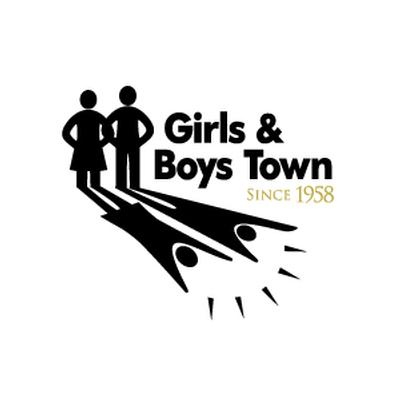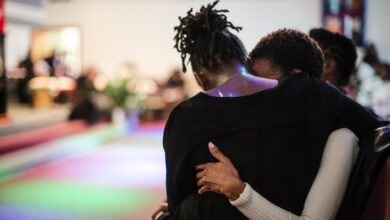Girls and Boys town

The story of Girls and Boys Town is one of the most heart-warming tales of human endeavour of the 20th Century. it is a story of faith, courage and compassion – one that captured the imagination of the world and changed the way South Africa cares for challenged youth.
Founded by the late Bishop Reginald Orsmond in 1958 and based on the principles of Father Flanagan’s famous Girls & Boys Town in Nebraska, USA, Girls & Boys Town has given thousands of children of all races, genders, faith and languages a second chance.
Most of them arrive here with shattered dreams, sick at heart and often in body too. Some have been physically or sexually abused, neglected or abandoned. Some come from broken or poverty-stricken homes, do badly at school, have discipline issues, reject authority, and lack social skills.
What makes us different
The name Girls and Boys Town is synonymous with the peer-group system of self-government – a unique concept where youngsters are significantly involved in decision-making concerning their own affairs.
Under the guidance of adults, the kids actually govern themselves, electing their Mayor, Councillors and Managers who make the rules and see that they are kept. This capitalises on the teenage desire to be admired and respected by their peers, forges great leadership skills and instills responsibility and values for life.
Our eight registered Children’s Homes – four large Youth Development Centres and four community ‘family’ homes – offer residential care to children whose own families cannot cope and who don’t do well in foster care.
What we do
Girls and Boys Town, South Africa delivers national services that:
- Focus on the individual needs of youth in family homes and youth development centres, by implementing nationally researched, standardised and specialised child & youth care programmes.
- Improve the healthy development of youth in the broader community through Girls and Boys Town’s national hotline and regional training and resource centres.
- Capacitate parents, caregivers, families, community professionals, educators and others in the field of youth development through training.
Are sensitive to the need to deliver community based services for youth in greatest need in less resourced communities.




